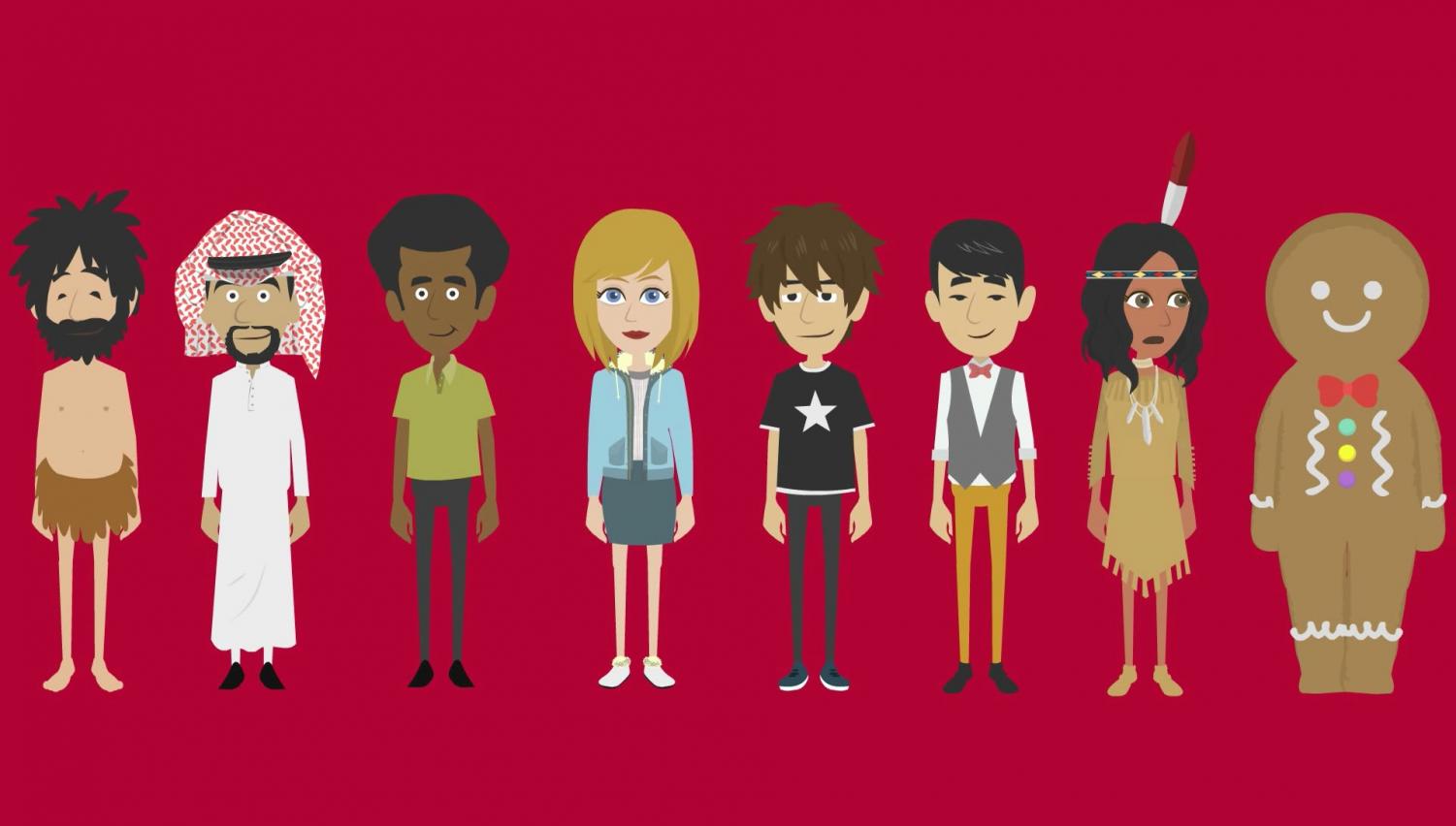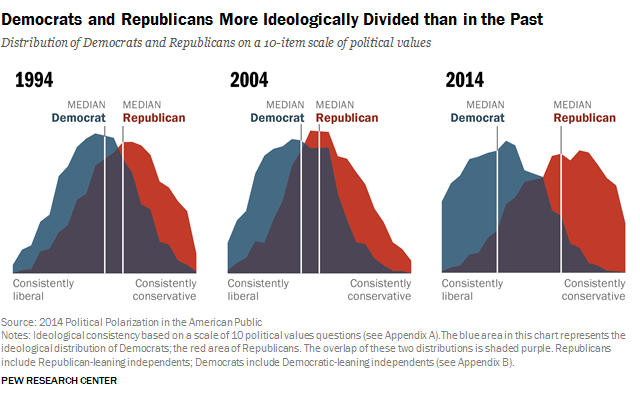Identity politics is defined by the Oxford Dictionary as the tendency for people of a particular social group (religion, race, sexuality, economic background) to form political alliances and stray from broader party politics. The term is more commonly used in conjunction with minority groups like the LGBTQ+ community, ethnic minorites, disabled people or immigrants and the issues that often concern or involve them, like debates on gun control, women’s reproductive rights, racially-based police brutality, and immigration policies, but this is inaccurate as it can be just as easily applied to more right-wing and non-minority-focused policies and political issues, not just the left and the minorities. For example, the simple fact of whether someone voted “leave” or “remain” on the Brexit referendum has well-known associated stereotypes that could even be used to guess the voter’s race, economic class, gender, or even their career.

The massive increase of the use of identity politics in everyday political issues could be held responsible for the culture wars said to be on the rise, especially with the rising tensions on other issues as well. A culture war is defined as a conflict between groups of different ideals and beliefs. While on the one hand, identity politics are useful for helping to give minority groups rights and to help people band together and raise awareness of issues they feel may affect their own community disproportionally to others, the rise of “extreme” identity politics has been linked to an increase in tribalism and the massive degrees of separation between the right and the left in modern politics. The fact that right-wing and left-wing parties are pulling further apart from each other, also resulting in centrist parties moving further to the right all over the world, negatively impacts minority groups and causes confusion in ordinary people, who may not be able to identify so strongly with the identity groups on either side.

The rise of identity politics and the subsequent increase in Western right-wing party voters being more likely to be white, conservative, religious/evangelical and rural and left-wing party voters being more likely to be non-white, liberal, and non-religious has caused a massive divide in society, to the point where, depending on the party you voted on, your very identity may be threatened by their policies.
LINKS-
https://www.theguardian.com/commentisfree/2018/jul/14/identity-politics-right-left-trump-racism
https://www.vox.com/identities/2016/12/2/13718770/identity-politics
